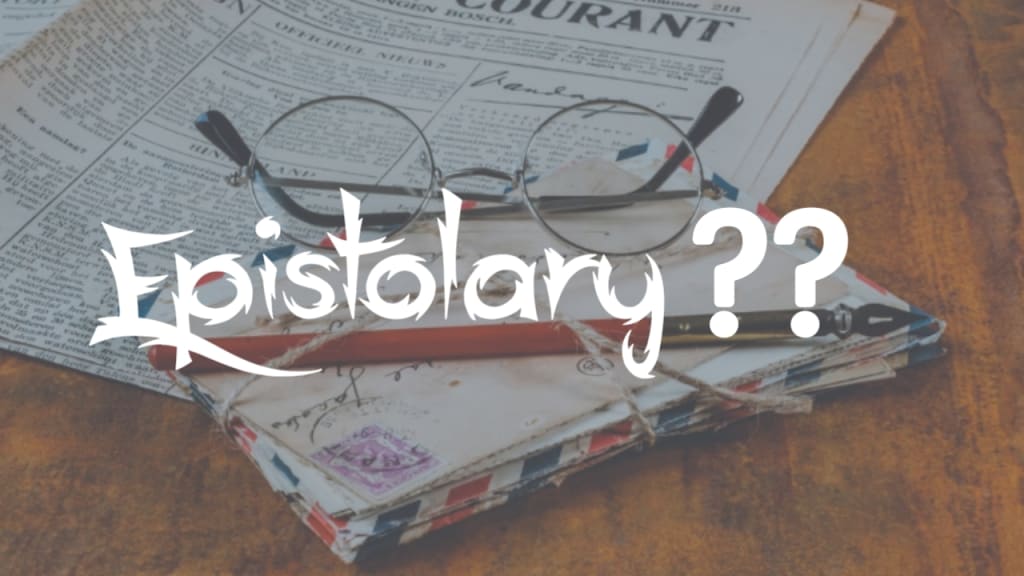
art writing...Epistolary writing is a literary genre that has been used for centuries to tell stories through letters, journal entries, or other forms of written communication. The term "epistolary" comes from the Latin word "epistola," which means "letter." Epistolary writing allows the reader to view events from multiple perspectives and provides insight into the thoughts and feelings of the characters involved.
The epistolary novel, in particular, gained popularity in the 18th and 19th centuries. This style of writing allowed authors to explore complex relationships and themes through the intimate thoughts and experiences of their characters. Some of the most famous epistolary novels include "Dangerous Liaisons" by Pierre Choderlos de Laclos, "Dracula" by Bram Stoker, and "Frankenstein" by Mary Shelley.
One of the key benefits of epistolary writing is that it allows the author to develop characters in a unique way. Through their letters or journal entries, readers are given a glimpse into the inner workings of a character's mind. This can provide a deeper understanding of the character's motivations and perspectives, and allow the reader to connect with them on a more personal level.
In addition, epistolary writing often features multiple perspectives, as different characters may write letters or other forms of communication throughout the story. This can provide a more nuanced and complex view of the events of the story, as the reader is able to see the events from multiple angles.
Another benefit of epistolary writing is that it can create a sense of intimacy between the reader and the characters. By reading the characters' personal correspondence, the reader can feel as though they are privy to the characters' innermost thoughts and feelings. This can create a sense of empathy and understanding that is difficult to achieve through other forms of writing.
Epistolary writing can also be used to explore complex themes and issues. For example, "Dangerous Liaisons" uses the letters exchanged between the characters to explore themes of power, gender, and sexuality. The letters provide insight into the characters' manipulation of one another, and the impact that their actions have on those around them.
Similarly, "Dracula" uses diary entries and letters to explore themes of fear, mortality, and the supernatural. The different perspectives provided by the letters and diary entries allow the reader to see the impact that Dracula has on different characters, and how they each respond to the threat that he poses.
Epistolary writing can also be used to create suspense and tension. As the reader reads through the letters or other forms of communication, they may become aware of information that the characters themselves are not aware of. This can create a sense of anticipation and tension, as the reader waits to see how the characters will react to this new information.
Despite its many benefits, epistolary writing can also be challenging. The author must create a narrative that is cohesive and engaging, despite the fact that the story is being told through multiple voices and perspectives. In addition, the author must be careful to ensure that each character's voice is distinct and unique, so that the reader can easily differentiate between them.
Overall, epistolary writing is a unique and engaging literary genre that allows authors to explore complex relationships, themes, and issues through the use of personal correspondence. By providing readers with a glimpse into the inner workings of a character's mind, epistolary writing can create a sense of intimacy and understanding that is difficult to achieve through other forms of writing. While it can be challenging to execute, when done well, epistolary writing can be a powerful tool for storytelling.In conclusion, epistolary writing is a timeless literary genre that has been used to great effect by many authors throughout history.





Comments
There are no comments for this story
Be the first to respond and start the conversation.